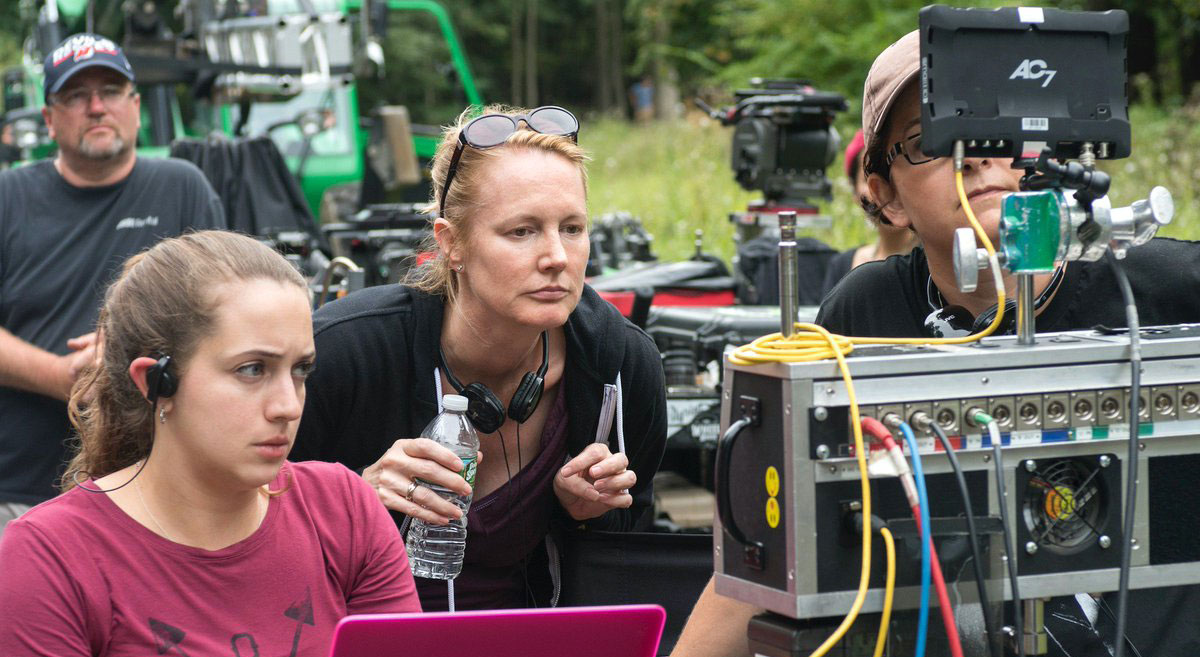Diversity among the filmmaking community has become a major issue in Hollywood. Over the last couple years, we’ve seen an increased amount of attention be put on hiring diverse people for high profile films. Whether it’s a female director like Patty Jenkins getting a shot at “Wonder Woman” or Ryan Coogler making “Black Panther” a household name, it’s not just the same white male perspective on major films anymore. But that change hasn’t come easily.
In a recent roundtable with “genre creators” over at The Hollywood Reporter, “Jessica Jones” mastermind Melissa Rosenberg opened up about how even though it’s the right thing to do, many executives in the film industry haven’t been so receptive to the idea of inclusion.
“The DGA has pushed for shows to hire more women — the attitude about that in executive suites was just horrific: ‘Oh God, we’ve got to get the chick in there, and she’s going to suck.’ But I think it helped female directors get credits under their belts,” said Rosenberg.
READ MORE: Women Will Direct Every Episode Of ‘Jessica Jones’ Season 2
“Black Lightning” showrunner Salim Akil echoes her sentiments about being happy with the inclusion we’re starting to see. He explains that diversity among creators is becoming more accepted because hiring diverse voices leads to more authentic stories. He explains, “What’s driving this is the fact that people now know that there’s a business out there. You’re not going to be able to tell authentic stories if you don’t hire people who know how to authentically tell those stories. I could always tell, ‘Oh, a white writer wrote that about a black person.’”
However, it’s still not perfect. There’s so much ingrained in the DNA of filmmaking that lends itself to following the status quo that even Rosenberg has caught herself falling into common issues. She explains that in a scene, she noticed that even she wasn’t being as inclusive as she would have liked.
“It’s really true. We were doing a hospital scene and I realized that all the doctors were in white coats, the nurses were all women and the patients were all minorities. ‘Oh my God, this is my show and I let this happen?’ I just wasn’t paying attention,” she said.
So, while ultimately inclusion among creators of films and TV shows is a good thing, it appears that there is still a lot of growth left to do.





